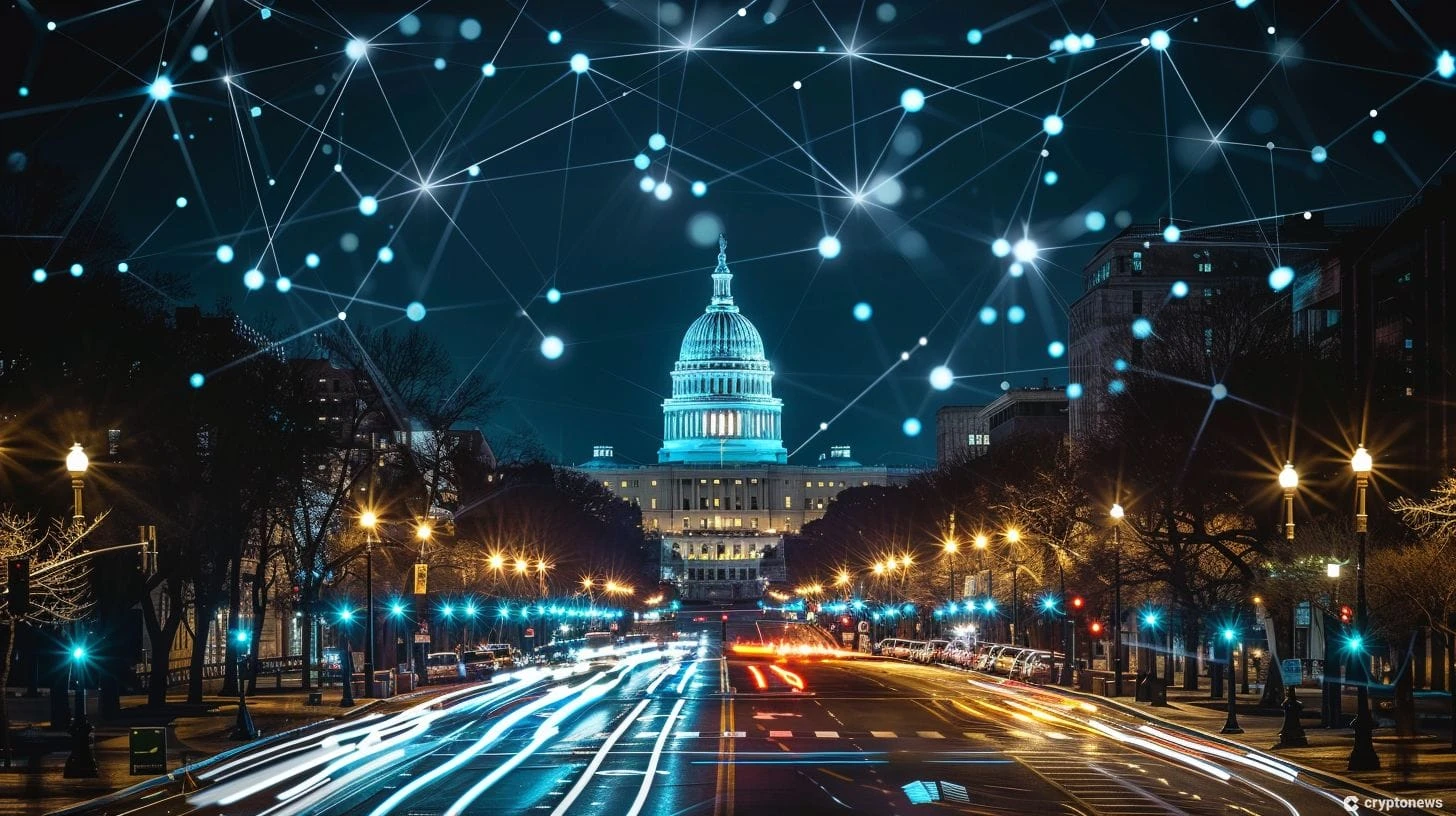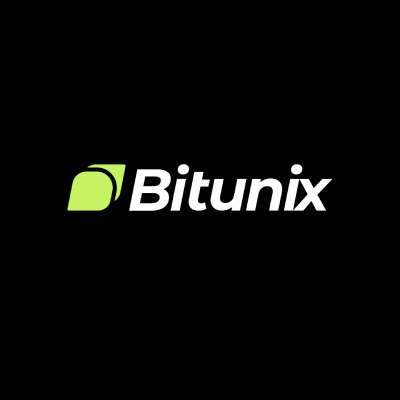Как законопроект SAB 121, позволяющий Палате представителей и Президенту накладывать вето друг на друга, влияет на криптоактивы?
Оригинал|Odaily Planet Daily
Автор: jk

This week, the U.S. House of Representatives held a vote to overturn Bidens support for the U.S. SECs cryptocurrency accounting policy SAB 121, but the vote fell far short of the two-thirds vote required to overturn the presidents decision.
Background: What happened?
What is SAB 121?
Staff Accounting Bulletin 121 (SAB 121) is a guidance issued by the U.S. Securities and Exchange Commission (SEC) that requires companies holding cryptocurrencies to record these assets on their balance sheets and disclose the associated risks. The bulletin applies to all SEC-regulated entities, especially banks and financial institutions, and may result in them facing higher capital requirements, thereby affecting their ability to provide cryptocurrency custody services.
The SEC said SAB 121 is nonbinding staff guidance intended to strengthen disclosures to investors.
So what happened after the SEC filed the complaint?
Previously in May, Republican Rep. Mike Flood of Nebraska and Democratic Rep. Wiley Nickel of North Carolina introduced a resolution to overturn the announcement in February. The House of Representatives voted 228-182 to overturn the SECs SAB 121. A week later, the Senate passed the resolution by a vote of 60 to 38, but the decision was subsequently vetoed by Biden. His White House said that by invoking the Congressional Review Act, lawmakers could inappropriately limit the SECs ability to ensure appropriate safeguards.
To overturn President Bidens veto, both chambers of Congress need a two-thirds majority, meaning 67 votes out of 100 senators in the Senate and 290 votes in the House. Thursdays House vote fell short of that two-thirds majority threshold. 21 Democrats and 207 Republicans voted in favor, while 183 Democrats and 1 Republican voted against.
To summarize the plot line, the SEC proposed SAB 121 → the House of Representatives voted to veto → the Senate voted to veto → Biden vetoed the vetoes of both the House and Senate and supported SAB 121 → the House and Senate are currently voting to try to overrule Biden’s veto and ban SAB 121, but have currently failed in the House vote.
At present, against the backdrop of this years US election, SAB 121 has actually become a touchstone and arena for the attitudes of presidential candidates and lawmakers from both parties toward the crypto industry.
What is the legislative process in the United States?
-
Bill Introduction: First, a bill is introduced by a member of the House of Representatives or the Senate.
-
Committee Review: The bill is referred to the relevant committee for review, discussion, and amendment.
-
House vote: After the committee passes the bill, it goes to the full House for a vote. If it receives a simple majority (more than half) of the votes , it passes.
-
Senate vote: The bill then goes to the Senate. If the Senate also passes it by a simple majority, the bill goes to the President for his signature.
-
President Signs or Vetoes: The president can choose to sign the bill into law, or veto it. If the president vetoes a bill, it cannot take effect immediately.
-
If the President Vetoes: If the President vetoes a bill, it is sent back to the chamber that originated the bill (usually the House of Representatives) with the reasons for the veto.
-
House Re-Vote: The House can re-vote a presidential veto. To override a presidential veto, a two-thirds majority is required (290 votes if all 435 House members vote).
-
Senate Re-Vote: If the House succeeds in overriding the Presidents veto, the bill then goes to the Senate. If the Senate also passes it by a two-thirds majority (67 votes, if all 100 senators vote), the bill overrides the Presidents veto and becomes law.
Currently, the resolution to overturn SAB 121 is stalled at Step 7.
How did the various parties react after the vote failed?
SEC
According to The Block, an SEC spokesperson said in a statement in April: “We have seen crypto companies fail time and again and their customers line up in bankruptcy court in hopes of getting what they believe is rightfully theirs. We have also seen the risks to investors in the companies that custody these assets when they are hidden off balance sheets. These disclosures provide investors with important insights into the level of risk that crypto custodians are taking.”
The party trying to overturn SAB 121
Mike Flood, a Republican congressman from Nebraska who proposed the resolution, said after the vote failed that he would continue to pursue other avenues to terminate SAB 121 so that the government would no longer hinder the development of digital finance in the future. In front of the House of Representatives, Flood called SAB 121 not a political issue, but a bad regulation that restricts banks from participating in digital asset custody, adding that the SEC exceeded its authority in defining bank custody policies.
House Financial Services Committee Chairman Patrick McHenry, a North Carolina Republican, condemned Bidens veto, saying the administration would rather play politics and side with power-hungry bureaucrats than with the American people by not allowing the resolution to succeed.
The American Bankers Association reiterated that SAB 121 requires banks to include customer cryptocurrencies on their balance sheets, which effectively prevents banks from offering digital asset custody services at scale and limits banks ability to adopt Bitcoin ETFs and tokenization.
“The president is ignoring bipartisan support in Congress to avoid embarrassment for his rebellious SEC chairman,” said Cody Carbone, chief policy officer at the Chamber of Digital Commerce, which represents the cryptocurrency industry in Washington, according to Coindesk.
Latest developments: SEC may reach consensus with banking industry
Rep. Maxine Waters, D-Calif., said the policy debate had become almost irrelevant this week because the SEC was negotiating “targeted changes” with bank industry representatives and “may be close to an agreement.” But she noted that “Republicans are still pushing forward with this heavy-handed and overbroad approach,” which she believes would weaken the regulator.
Odaily reported the change today, specifically that the U.S. SEC allows certain companies to be exempted from cryptocurrency accounting policy SAB 121 .
SEC staff has begun issuing guidance that, based on guidance issued two years ago, may not require liabilities to be reported on the balance sheet for certain arrangements, said an SEC source familiar with the matter.
Several large banks that began consulting with SEC staff in 2023 have received permission to circumvent balance sheet reporting to ensure that their customers’ assets are protected in the event of bankruptcy or collapse. Other measures, such as internal safeguards designed to better protect these assets, will address the legal risks associated with the emerging asset class, the person said. He also said the SEC believes that the guidance has worked and that companies have made adjustments to address the threats posed to investors by hacker attacks and business failures.
The SEC’s accounting stance could expand the range of companies that U.S. cryptocurrency holders can choose to house their growing portfolios. Banks say the accounting treatment effectively prevents them from offering crypto services because larger balance sheets would trigger capital requirements set by bank regulators, not the SEC.
Sources said the banks successfully argued in closed-door consultations with SEC staff that wallets and spot bitcoin ETFs should be outside the scope of SAB 121.
Aaron Jacob, head of accounting solutions at TaxBit, which provides crypto accounting products to exchanges and investors, said financial institutions are increasingly eager to participate in the crypto industry, especially now that the SEC has approved spot bitcoin products.
This article is sourced from the internet: How does SAB 121, which allows the House of Representatives and the President to veto each other, affect crypto assets and businesses?
По теме: Что говорится в 230-страничном отчете о расследовании дела о банкротстве FTX?
Оригинальный автор: Protos Staff Оригинальный перевод: TechFlow Эксперт, назначенный в деле о банкротстве FTX, опубликовал отчет, в котором освещаются различные недобросовестные действия компании и ее руководителей, которые привели к ее краху. В отчете описывается, как выплачивались осведомителям, как решались «капитальные проблемы» банка и когда различные руководители узнали о неплатежеспособности подразделения FTX Group. Кто знает? В отчете содержится информация о том, какие руководители и компании знали о недостатках бухгалтерского учета до краха FTX Group. В обвинениях утверждается, что Райан Саламе участвовал в создании соглашения о платежном агентстве с датой, указанной задним числом, поручил другим сотрудникам FTX Group искажать для банков цель банковских счетов FTX Group, незаконно присвоил активы FTX Group для покупки недвижимости, ресторанов и компаний общественного питания, а также для совершения других покупок и инвестиций (включая…







